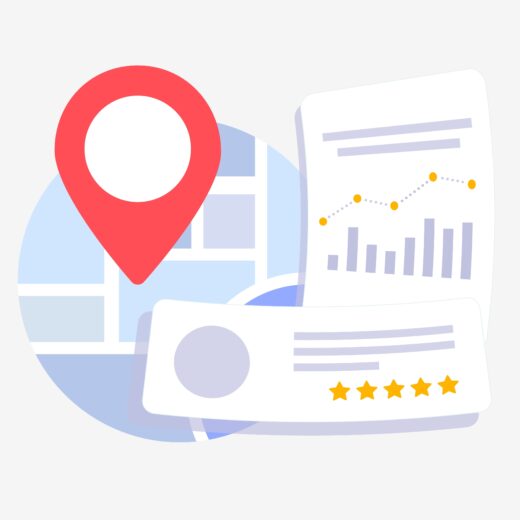Using Google Trends to Refocus Your July Marketing Goals

As summer unfolds, so do changes in consumer behaviour, search interest, and digital engagement. July marks a critical time to reassess your marketing goals — not just to stay on track, but to respond to real-time data that reveals what your audience actually wants. One powerful and free tool to help you do just that is Google Trends.
Why July Is the Perfect Time to Pivot
By July, many businesses have already launched summer campaigns or are planning for back-to-school and early autumn initiatives. However, the digital landscape can shift quickly. Weather patterns, current events, sports tournaments, and travel restrictions can all influence what people are searching for.
Refocusing your goals in July allows you to:
-
Adjust underperforming campaigns
-
Capitalise on trending topics
-
Avoid wasting budget on irrelevant themes
-
Maximise visibility during a slower or more competitive season
What is Google Trends?
Google Trends shows how often a particular search term is entered relative to the total search volume across various regions and languages. You can compare multiple terms, analyse interest over time, and identify seasonal spikes. It’s particularly useful in July when trends fluctuate and consumer needs become more immediate (e.g., holiday bookings, festival fashion, summer activities for kids).
How to Use Google Trends to Refine Your Strategy
1. Spot Rising Trends
Use the “Trending Searches” or “Rising Queries” features to uncover what people are newly interested in. For example, if “UK heatwave outfits” or “BBQ recipes” are trending, a fashion brand or food retailer can adjust their content calendar or paid campaigns accordingly.
2. Localise Your Campaigns
Google Trends allows you to break down interest by region. If “staycation in Cornwall” is trending more than “beach holidays abroad” in the UK, a travel business can pivot to promote domestic destinations. Retailers could tailor email campaigns based on location-specific interests.
3. Review Keyword Relevance
You may have selected keywords in spring that no longer resonate. By checking how those terms are performing now compared to July last year, you can drop or revise ones that are declining and amplify those gaining traction.
4. Fuel Your Content Plan
Content that speaks to current search trends is more likely to perform well organically and on social media. Use trending queries as inspiration for blog posts, landing pages, or TikTok videos. For example, if “eco-friendly picnic ideas” are spiking, a sustainable brand could create a guide or Instagram reel around it.
Don’t Forget to Act Fast
Speed is key. Google Trends provides real-time data, so the faster you act on a trend, the more likely you are to beat the competition. Build agility into your marketing plan and allow for weekly or fortnightly check-ins using the tool.
July is a pivotal point in your marketing calendar. Using Google Trends allows you to make data-driven decisions, stay relevant, and connect more effectively with your audience. Whether you’re promoting summer sales, engaging holidaymakers, or preparing for autumn, aligning your strategy with real-time search behaviour can give your campaigns the momentum they need.








